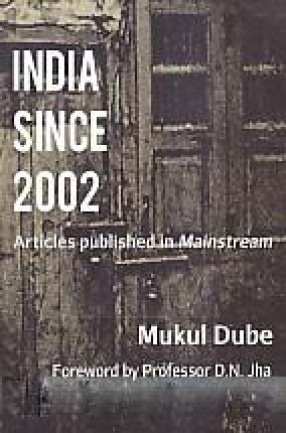
Showing all 15 books
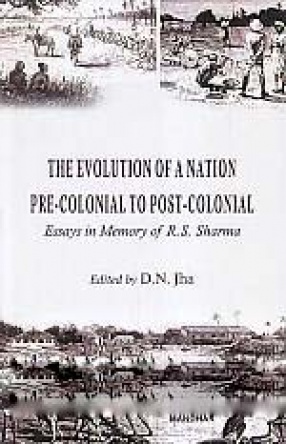
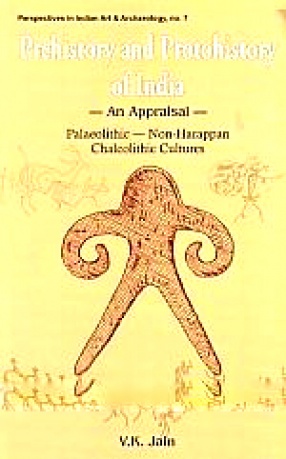
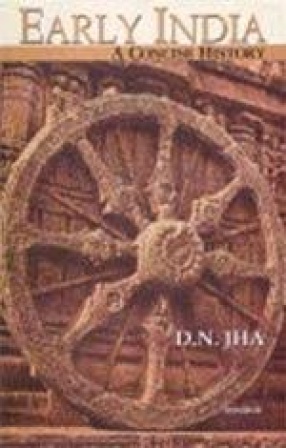
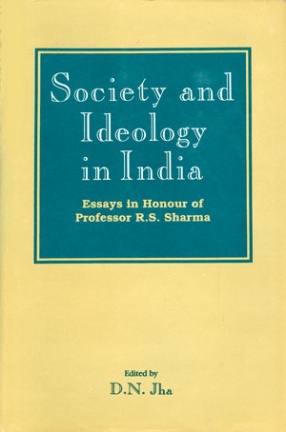

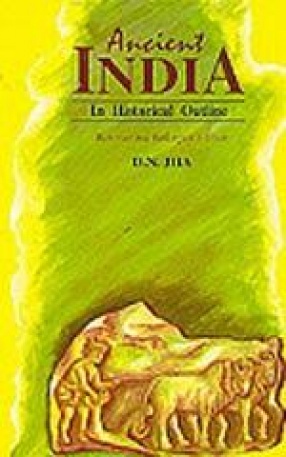


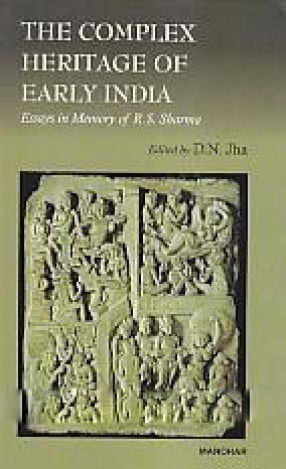
The volume is in celebration of the contributions of Prof. Ram Sharan Sharma to the field of Indian historical research. The essays take up various themes in Indian history examining some puzzling questions relating to the ancient history of India: the Harappan civilisation, Rigvedic chronology, early historical archaeology, history of urbanisation, nature of trade, medieval land grants and other aspects. With reference to numerous texts, it takes up ethics of ...
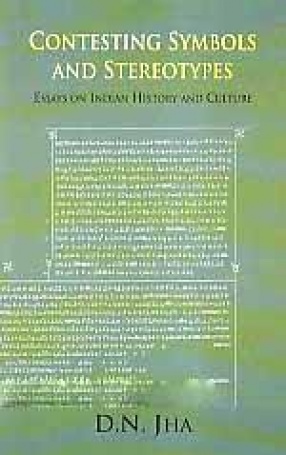

Fresh excavations, new dating techniques and ever-growing conceptual frame-works since 1950 have greatly reshaped our perspective on Prehistory and Protohistory of the Indian subcontinent. This monograph, which is primarily aimed to serve as a starter for the undergraduate and postgraduate students, presents, in a concise but comprehensive manner, a syncretic view of the latest information on various aspects such as tools and technologies, settlement and ...

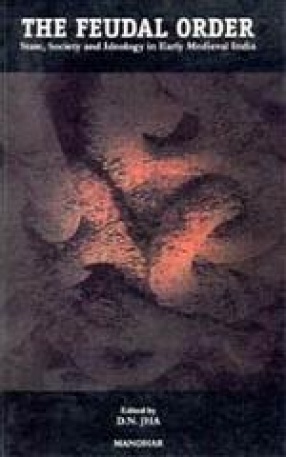
Whether or not Indian society in the early medieval period was feudal has remained an important issue of animated debate in Indian historiography for nearly four decades. The hypothesis of Indian feudalism has been criticized by traditional as well as by radical historians, though both categories of scholars often seem to share a neo-colonialist perception of early Indian society as static. This volume brings together a vast mass of empirical data which shows the ...

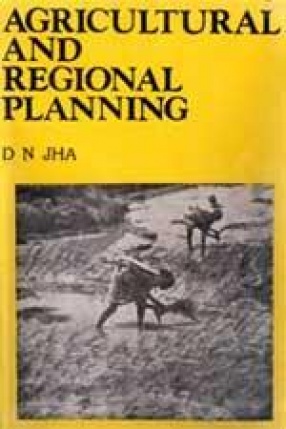
A strong case has been made out for regional planning in recent years. Agricultural planning is an important part of the national planning of a country. The present book deals with the problems of regional planning and manpower planning in the context of both India and Nepal. It is because of the lack of spatial planning that the social and economic structure of the country is still not motivated towards rapid economic structure of the country is still not ...

The book presents a lucid survey of major developments in the ancient and early medieval periods of Indian history. It discusses issues like the antiquity and authorship of the Harappan civilization, the original home of the Aryans and the salient features of their life, the emergence of caste system and the process of state formation culminating in the establishment of the Maurya Empire. Challenging the stereotype of an 'unchanging' India and the myth of the ...
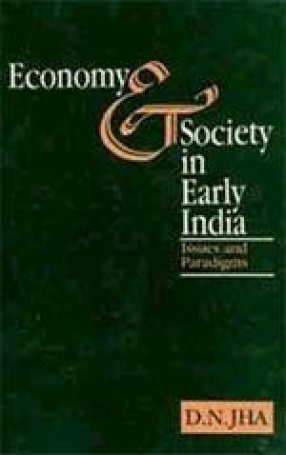
This work throws a flush of multi-coloured light on the Economic Organization in Ancient India from 200 BC to 200 AD. Due to the advent of alien tribes in India, this period opened new vistas of transitional era and ventilated new air of thoughtful broodings, establishing sound venues in the economic field of India making a peep into India's ties with neighbouring and distant countries in the spheres of trade and commerce, transport and communication. The present ...

A doyen of Indian historians, Professor Ram Sharan Sharma (b. 1920), through his extensive historical writings, has not only been combating the communalist, obscurantist and chauvinist elements in the country but has also continued to fight the subtle Western propaganda projecting a distorted image of India. Based on a combined use of textual, archaeological and numismatic evidence and on the information gathered from field work, Professor Sharma's researches ...



This book is a substantially modified and enlarged version of the author's Ancient India: an Introductory Outline (Delhi, 1977) and surveys the major developments in India's social, economic and cultural history up to the end of the ancient period and the beginning of the early middle ages and explains the rise and growth of states with reference to their material basis. Special attention has been paid to the elements of change and continuity in society, economy ...
